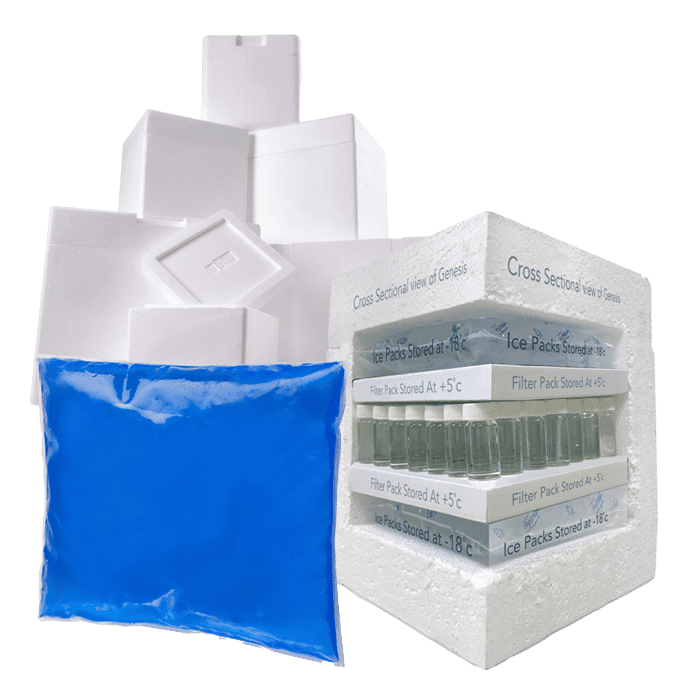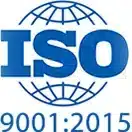Passing down the benefits of moving to greener products
We all know that the move to using Eco-friendly products is a good thing, but there are benefits other than the obvious environmental ones when moving over to greener pastures.
Reputation
A company who openly manufactures, uses and promotes the use of Eco-friendly products will go a long way to making sure their reputation in this area is a good one – as we all know, the world is rapidly becoming very aware of climate change and environmental damage, and there has never been a better time to make the change and make it loudly!
It may not be practical to make massive changes at once but every step, however small, is a positive one. This approach also makes it easier to trial different products to make sure that they are still meeting your needs as a business, as well as the Eco-benefits they offer. Nobody wants to go down the route of the “plastic to paper straw” fiasco, where it sounds good on the surface, but actually the end result is little better than the previous one as recycling them is so impractical. This type of situation can actually end up having the opposite effect and damaging brand reputation instead of bettering it.
Good examples of businesses who have switched to Eco-friendly products and spotlighted them to positive reactions include:
Apple – Apple have a massive footprint in the technology sector and as such operate stores, offices, data centres and manufacturing plants worldwide. All of this has a knock on impact on the environment in terms of energy consumption, as well as materials in their products that are not easily recycled or disposed of.
They have now:
- Removed toxic substances from their products including PVC, Arsenic, Lead and Mercury.
- Launched “Apple Renew”, which allows consumers to trade in old devices to be recycled or disposed of properly.
- Moved to solar power globally across their range of facilities which spans 43 countries.
- Opened a Material Recovery Lab in Texas for recycling. “DAVE”, their recycling robot, also recovers materials such as tungsten and earth magnets from older phone models.
- They have cut ties with any mineral provider who fails their auditing processes for “conflict materials”; these are materials such as tungsten or tin that are gained through exploitative use of workers.
Amazon – Amazon is the world’s biggest retailer and have come under fire many times for different aspects of their service and offering. In order to address various complaints and sustainability issues, Amazon have put into place:
- A “24/7 policy of Eco-consciousness and awareness” on energy consumption and sourcing
- The World’s First Net-Zero Carbon Arena
- Solar rooftops at distribution warehouses; more than 90 around the world.
- The creation of wind farms to aid clean power
- A focus on green storm water management at corporate offices as well as energy efficient lighting, composting, recycling, amenity spaces and other green infrastructure.
Custom chilled solutions for you
Hydropac offers every customer a customized solution for chilled and conditioned shipping. For example, we help a customer with limited freezing capacity to deliver gel packs frozen and ready to use, and we can manufacture almost all shapes and sizes of cooling elements. As a customer, you come first: we are here to help you.
Money saving
One of the aspects of switching to different products that can put people off is the cost. Historically, it has cost more to buy into products or services that tick those green boxes, but this isn’t so much the case these days.
Green materials are becoming easier to source for manufacturers, and even if there is still a higher cost to buy, using green products can actually save money in the long run to a business when they are no longer buying into the single-use market, or using high-energy equipment, as well as reducing their total waste.
- As an example, a business that uses high-energy usage lighting such as incandescent lights may be able to buy these quite cheaply but will need to replace them in a quicker time-frame than green alternatives such as LED’s. These also use up to 30% less energy so will cost less to run and can last up to 20 years before they need to be replaced – a big saving in both running and replacing costs.
- Another example is replacing old appliances with new, more efficient alternatives. Inefficient toilets, heaters, lights, kettles, dishwashers…all of these may do the job but cost more to run, especially in bigger workplaces where they are used often. Whilst it often isn’t a good idea to replace everything at once for a huge outlay, even replacing one or two appliances will start to make a positive impact on the running costs of the company. Plus, if the previous appliances still work, there’s no reason why they can’t be sold on to someone else to both recoup some of the costs of replacing them and also stop them going to landfill.
- There are aspects of workplace life that can also be completely changed to save money – such as going digital and cutting out printing as much as possible, which not only saves money on ink and paper but has a positive effect on the environment. Some companies may choose to move to using recycled paper which limits how many trees need to be cut down to produce virgin paper, or print double sided to limit how much is being used.
Public health
There are many benefits to public health when companies or households start using environmentally friendly products or implementing eco-strategies to reduce waste or aid recycling.
These include:
- Less pollution in the atmosphere, which is good for those especially with allergies, asthma or other respiratory problems.
- Pollution can also cause issues with heart disease or other cardiac problems
- People who sit under artificial lights all day have been linked with lower moods and reduced productivity. Switching off the lights and letting in the sunshine can improve mental health, productivity and also give people a good dose of Vitamin D!
- Plastic packaging is not only harmful to the environment if it ends up in landfill (and not all plastics can be recycled), but there have been links with chemicals leaching into food or drink products, such as micro-plastics.
Related Links
Sustainability Hydropac and CSR
Sustainability isn’t just a trend for us – it’s a promise. As we innovate, create, and lead, we keep our planet’s well-being at the forefront. With Hydropac, you’re not just preserving the quality of your cargo; you’re contributing to a healthier world.
Experience the power of sustainable temperature assurance with Hydropac – where excellence and environmental responsibility coexist for a brighter future.







